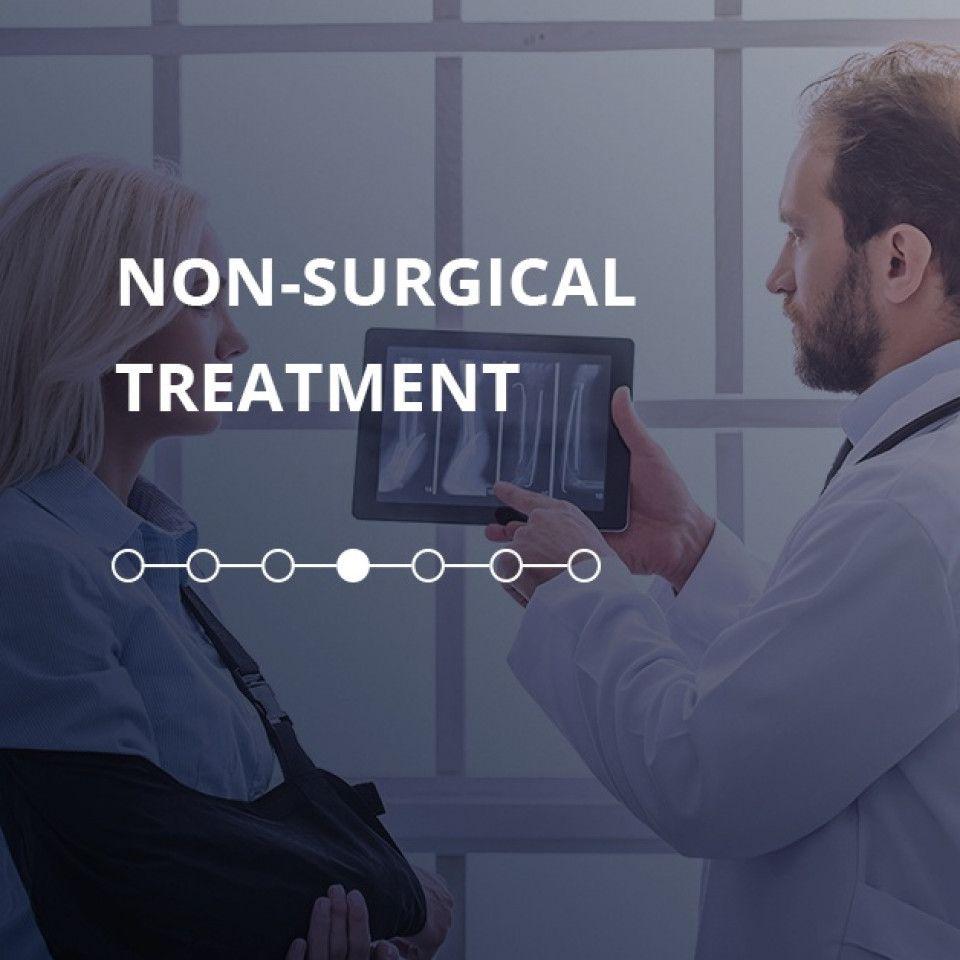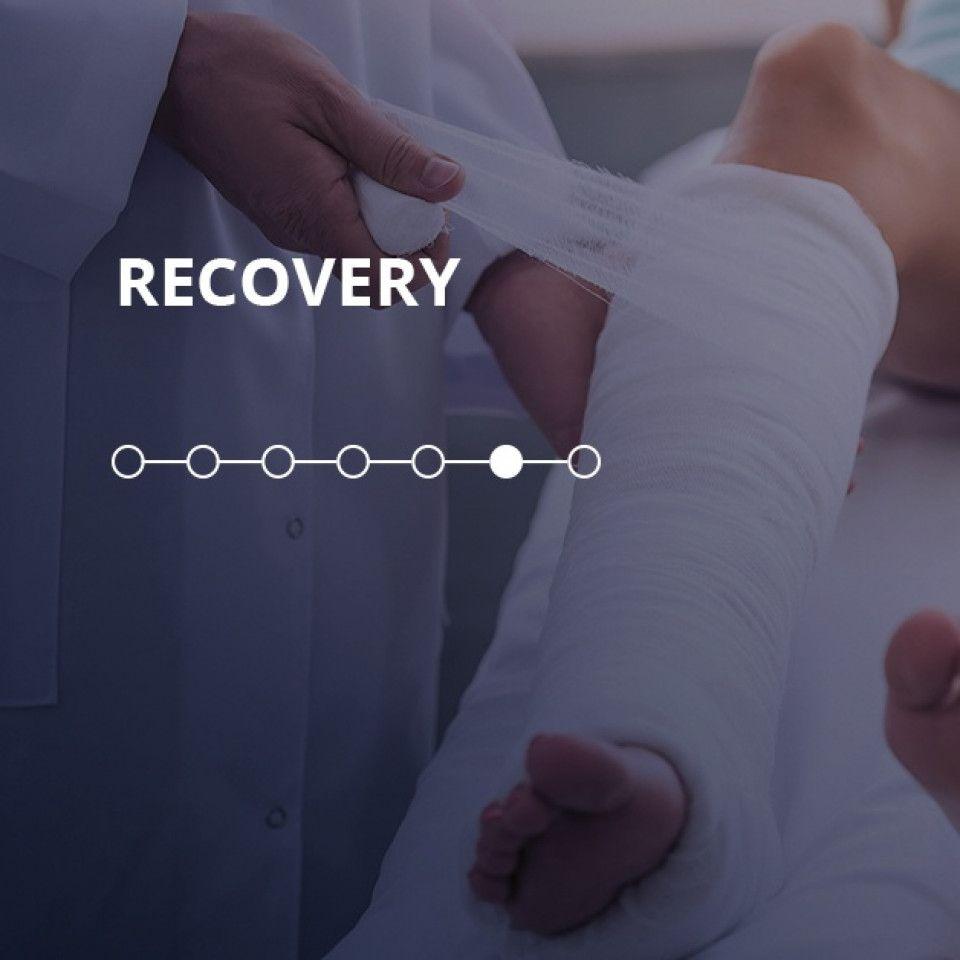Orthopaedic Trauma and Fracture Care: A Guide
-
What Is Orthopaedic Trauma & Fracture Care?


What Is Orthopaedic Trauma & Fracture Care?
Orthopaedic trauma and Fracture Care can involve treating fractures that occur at the same time as other injuries. This may happen in a car accident, a fall from height, or other type of accident which causes multiple traumatic injuries.
-
Common Symptoms of Problem Fractures


Common Symptoms of Problem Fractures
Most fractures heal and do not hurt once they do. A nonunion, or a fracture that failed to heal, usually hurts. If the fracture is in a leg, it often hurts to walk, and if it is in the arm it usually hurts when trying to lift or use the arm.
-
Non-Surgical Options to Treat Fractures


Non-Surgical Options to Treat Fractures
Some fractures do not require surgery and can be allowed to heal with the help of braces, splints, or casts. During the healing process, patients need to be monitored with X-rays to be sure the healing is on target.
-
What Are the Surgical Options to Address Fractures?


What Are the Surgical Options to Address Fractures?
In some cases, a fracture may require surgery. The surgery generally involves aligning the fragments of the bone, and supporting them to heal in the appropriate position. This can be done with screws, wires, plates, and even rods.
-
Orthopedic Trauma & Fracture Care Surgery


Orthopedic Trauma & Fracture Care Surgery
Depending on the nature of the fracture, and the type of surgery required, the hospital stay for Orthopaedic Trauma & Fracture Care patients can range from one to several days. In fact, some fractures require two or more surgeries.
-
Do I Need An Orthopedic Trauma Surgeon?


Do I Need An Orthopedic Trauma Surgeon?
If you have multiple injuries, you will probably be brought to a trauma center. You or a loved one can request to be treated by an Orthopaedic Trauma & Fracture Care surgeon to take care of your injuries, even if another “on call” doctor has been assigned to your care.





